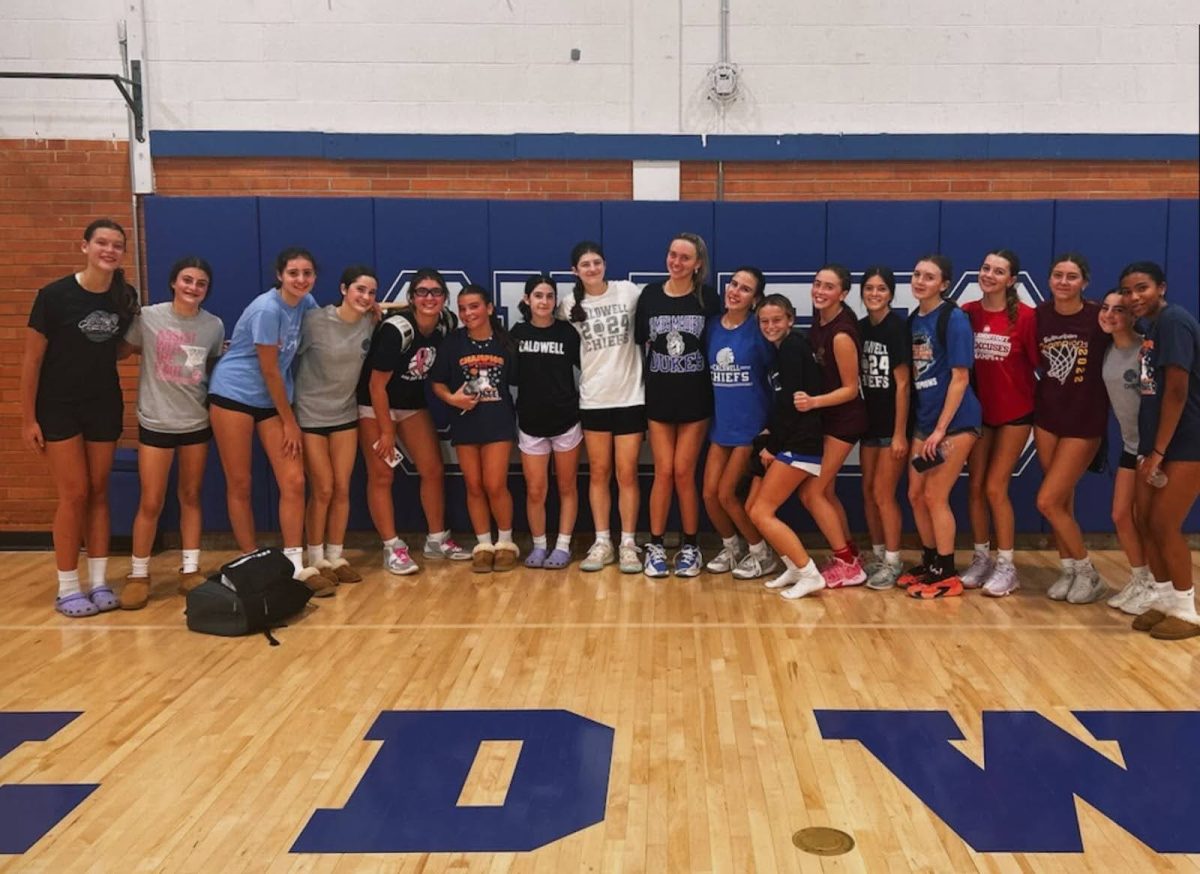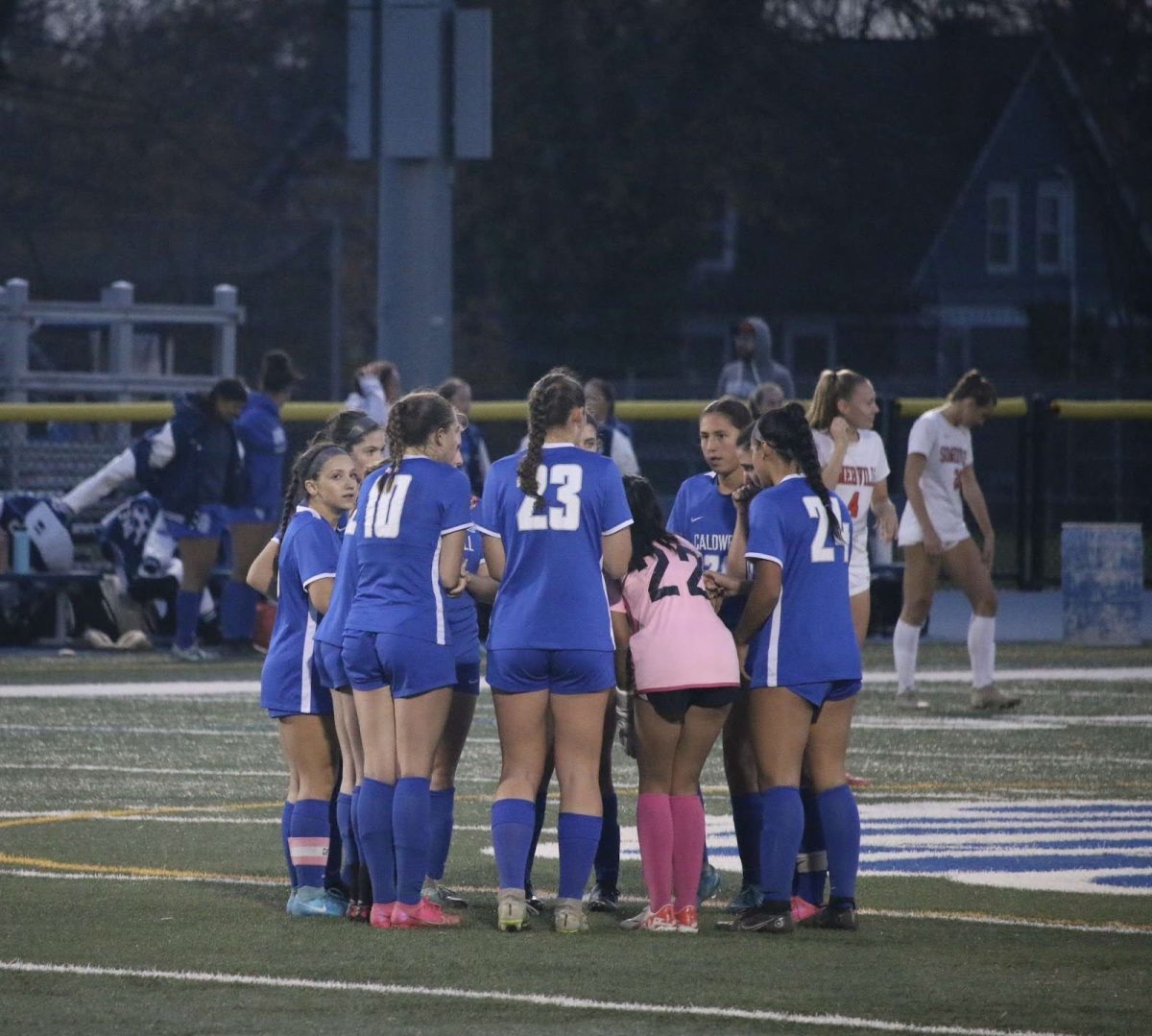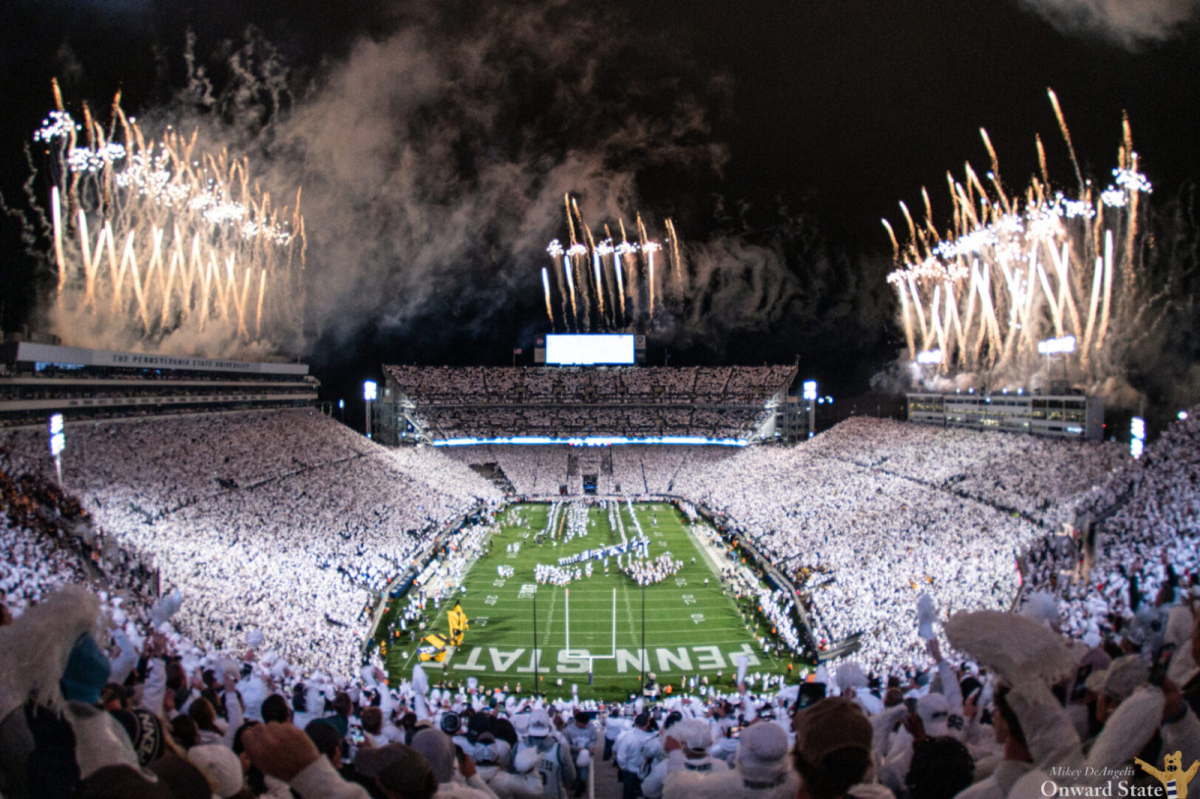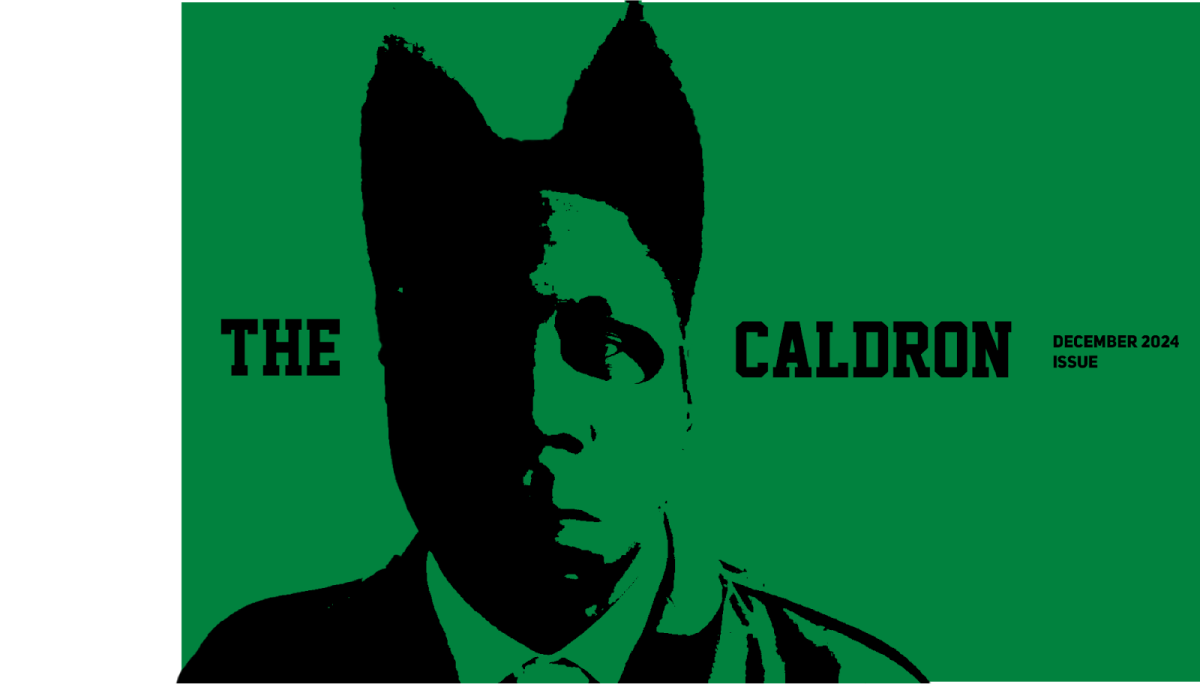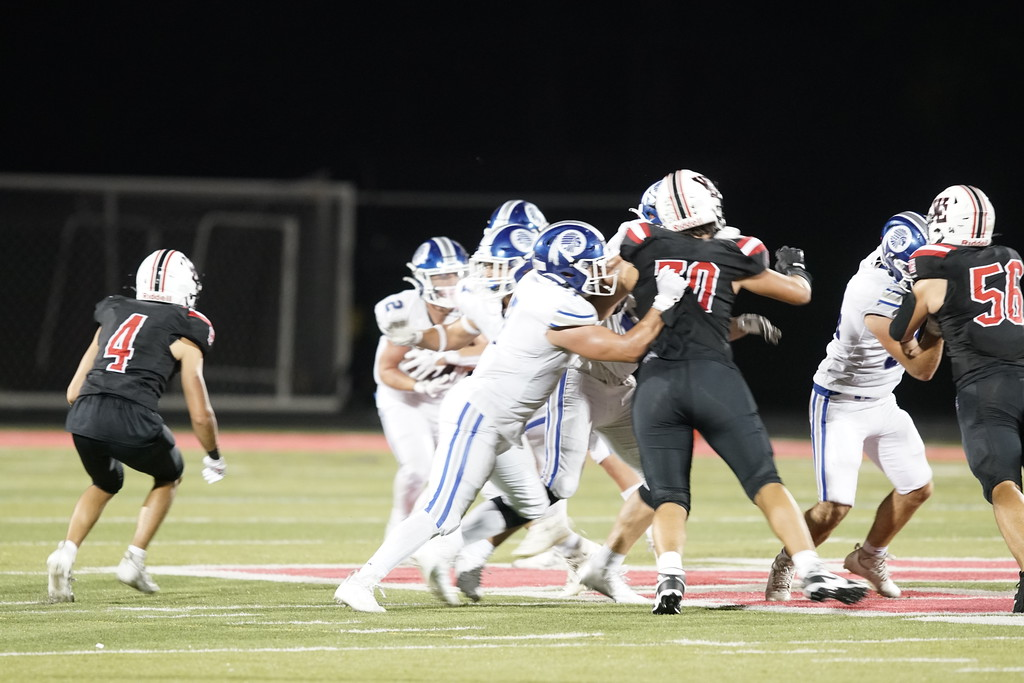Wednesday, February 12, started out like any other day. I got up, ate breakfast, and trudged off to school like every other average high school student in the world. I went through my morning classes and got to lunch, where I would do my daily phone check of who in the world felt like interacting with me. I opened my phone, and I read the news that shocked every Yankee fan in the world. Our captain, Derek Jeter, plans on retiring at the end of the 2014 baseball season.
The announcement came over Jeter’s Facebook page and spread like wildfire when the 39 year old shortstop wrote, “It was months ago when I realized that this season would be my last. As I came to this conclusion and shared it with my friends and family, they all told me to hold off saying anything until I was 100 percent sure, and the thing is, I could not be more sure. I know it in my heart, the 2014 season will be my last year playing professional baseball.” Sports reporters everywhere were chomping at the bit to get a hold of the 13 time All-Star to find out what caused this decision. Jeter has yet to tell any sports insiders why he is retiring at the end of this year, but it can be inferred that at the age of 39 and having undergone two surgeries and rehab stints on a broken ankle, Jeter is no spring chicken. He has been through 19 grueling Major League Baseball (MLB) seasons, and in those 19 seasons he has amassed 2,602 games, all of which for the New York Yankees.
Jeter, born in Pequannock, New Jersey, but a Kalamazoo, Michigan resident, first hopped onto the scene on May 29, 1995 when Yankee shortstop Pat Kelly suffered a leg injury that left him sidelined for the rest of the season. Jeter was to bat ninth and play shortstop in an early season matchup with the Seattle Mariners in Seattle. He did not exactly shine in his first game, going hitless in five at bats with a strikeout. Jeter’s critics were ready for “The Kid” to be sent back down to the minor leagues, but Jeter would quiet them the next day getting his first two major league hits and scoring his first two major league runs. Jeter batted .250 in 13 games and was immediately sent back down to the minor leagues. When his replacement, Tony Fernández, was not performing well either, manager Joe Torre asked a hesitant team owner, George Steinbrenner, to give the kid another chance. Little did Yankee fans everywhere know that “The Kalamazoo Kid” would soon become one of the greatest Yankees to put on “The Pinstripes.”
Jeter’s first full season as a Yankee earned him the 1996 Rookie of the Year Award, as well as, his first World Series ring. On the way to that World Series, Jeter would hit one of the most famous home runs in Yankee history. On a cold October night in game one of the American League Championship Series (ALCS) against the Baltimore Orioles, he hit a ball to deep right field at Yankee Stadium. A young boy named Jeffrey Maire reached his glove over the fence and pulled the ball into the stands, making it a homerun and a tie game. The Yankees went on to win that game in eleven innings in one of the most controversial plays in baseball history.
Jeter and the Yankees would go on to win two more World Series in the 1990s, but not any of Jeter’s performances could surmount his performance in the 2000 Subway World Series against the crosstown rivals the New York Mets. Jeter etched his way into the record books by hitting a leadoff home run that would propel the Yankees to a World Series win, and earn Jeter the 2000 World Series Most Valuable Player (MVP). Jeter would appear in three other World Series in the new millenium but only win once, in 2009. Even though the Yankees did not win the 2001 World Series, one play would be the defining moment in Derek Jeter’s career. The play, known as “The Flip” to baseball aficionados, is widely considered Jeter’s greatest defensive play in his career. Jeter ran 120 feet across the diamond to get an errant throw from the Yankee right fielder Shane Spencer, and flipped it to Jorge Posada at home plate, just in time to get the Oakland Athletics’ Jeremy Giambi out.
Jeter will be forever remembered for his defensive plays like his jump throws, and of course his head first dive into the stands against the Boston Red Sox, but he will always be known as one of the greatest Yankee hitters to ever play the game. He hit a home run at 12:00 in the morning on the first of November to win World Series game four against the Arizona Diamondbacks, and after doing so, he was forever known as “Mr. November.” Jeter is the all-time Yankee hit leader after surpassing Lou Gehrig’s 2,721 hits in 2009. He currently resides ninth on the MLB all-time hit leaders list with 3,316 hits and is first among all active players.
When a player’s career ends, nothing is left but his legacy. No one remembers a player for his records because records are meant to be broken and rings become tarnished over time. When it is all said and done, Derek Jeter will have accumulated more hits than any Yankee of all time, his defense will be admired by players young and old, and his leadership will be remembered for years to come. He has left a legacy as “The Kalamazoo Kid” for his outstanding rookie year and post season, “Mr. November” for one of the most crucial home runs in baseball history, and of course, “The Captain,” for his tremendous leadership since the 2003 season after being named Yankee Captain. By seasons end whether the Yankees are covered with the confetti and champagne of triumph, or the pain and agony of defeat, Derek Jeter will hang up his mitt and cleats for good. He will have left his mark on the game of professional baseball forever and there is a spot waiting for him in Cooperstown, New York.
Photo courtesy of the Huffington Post.







